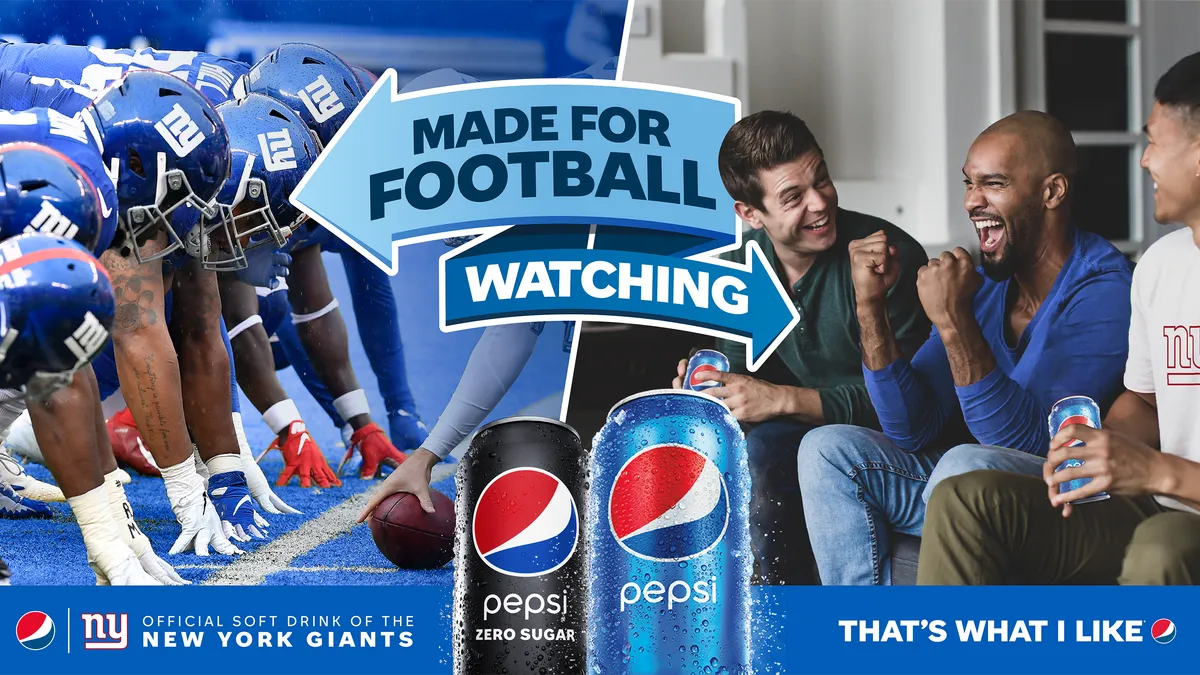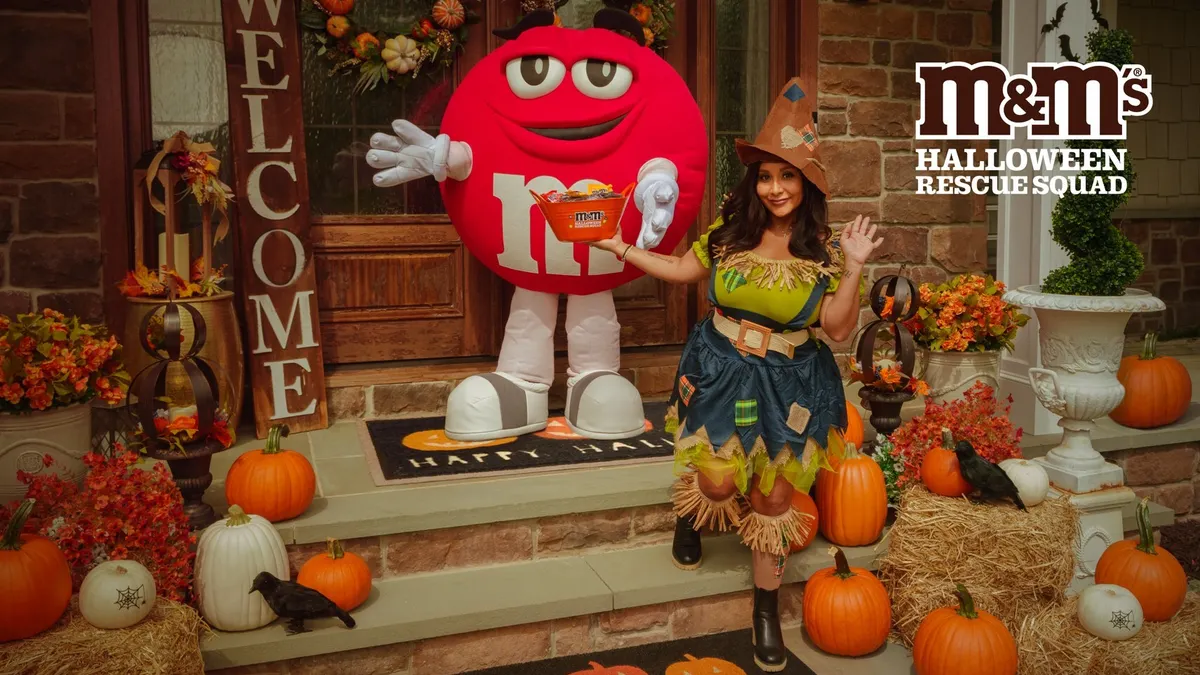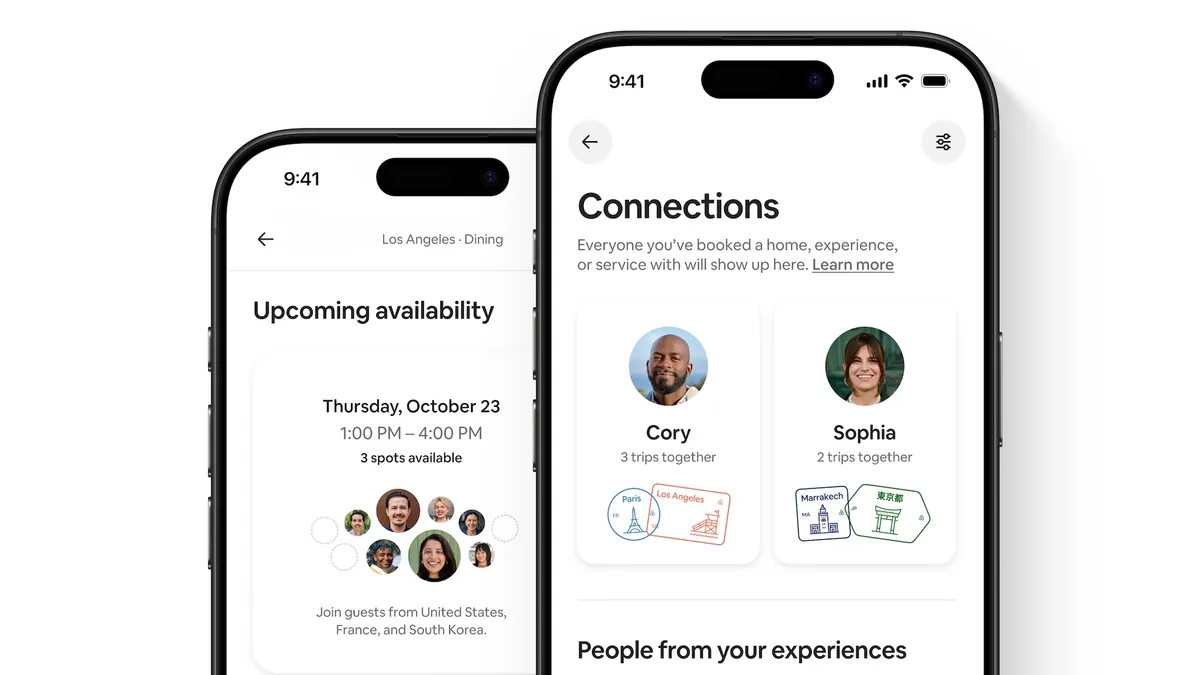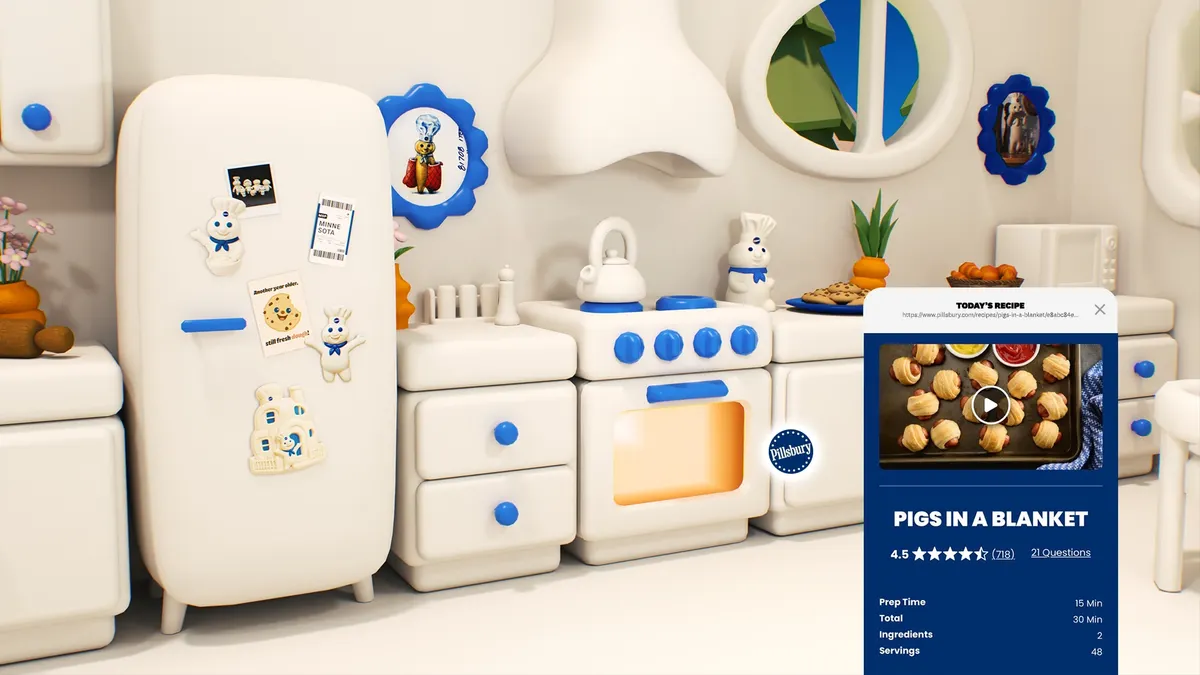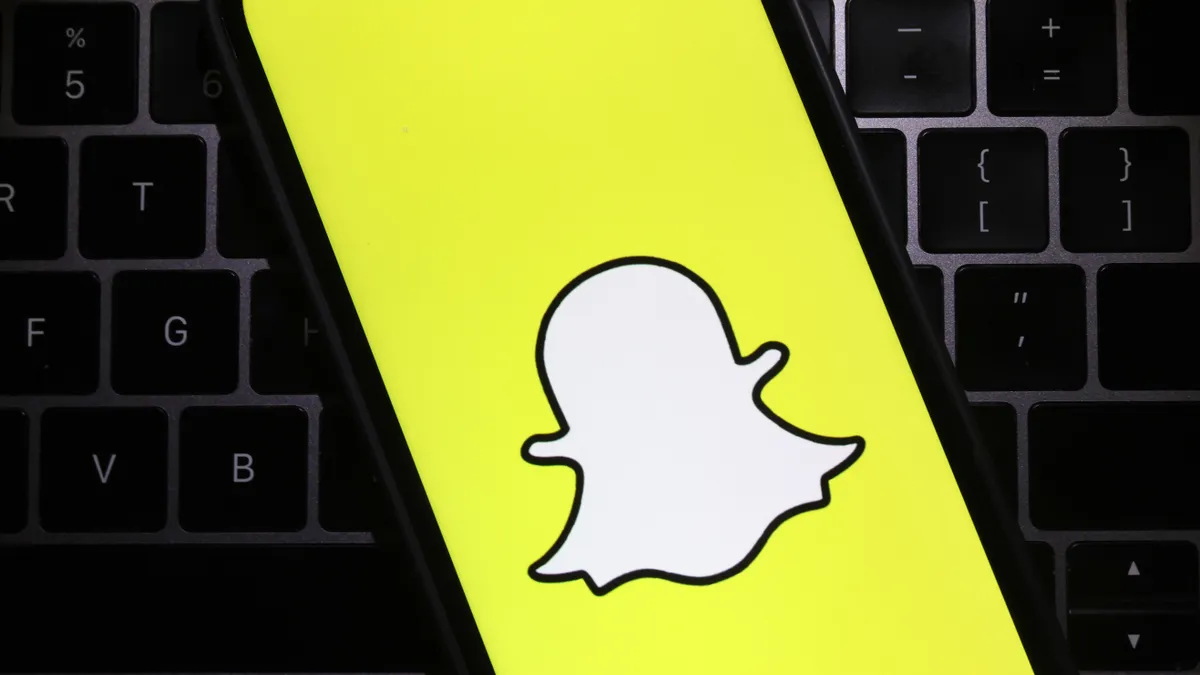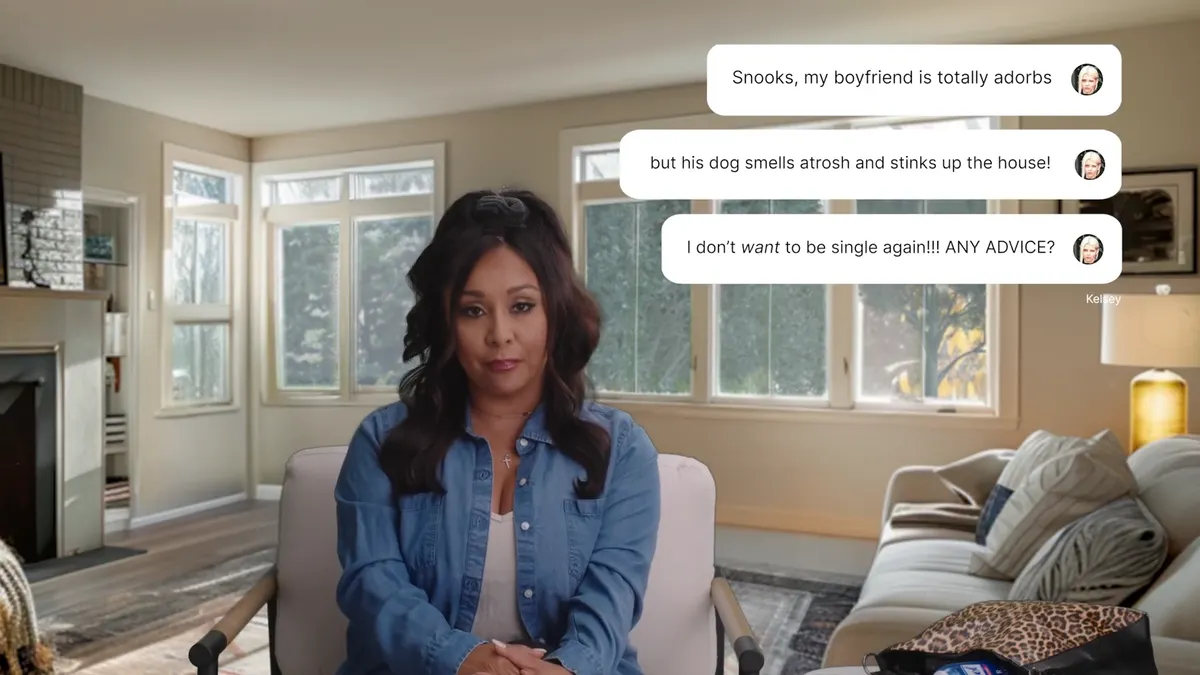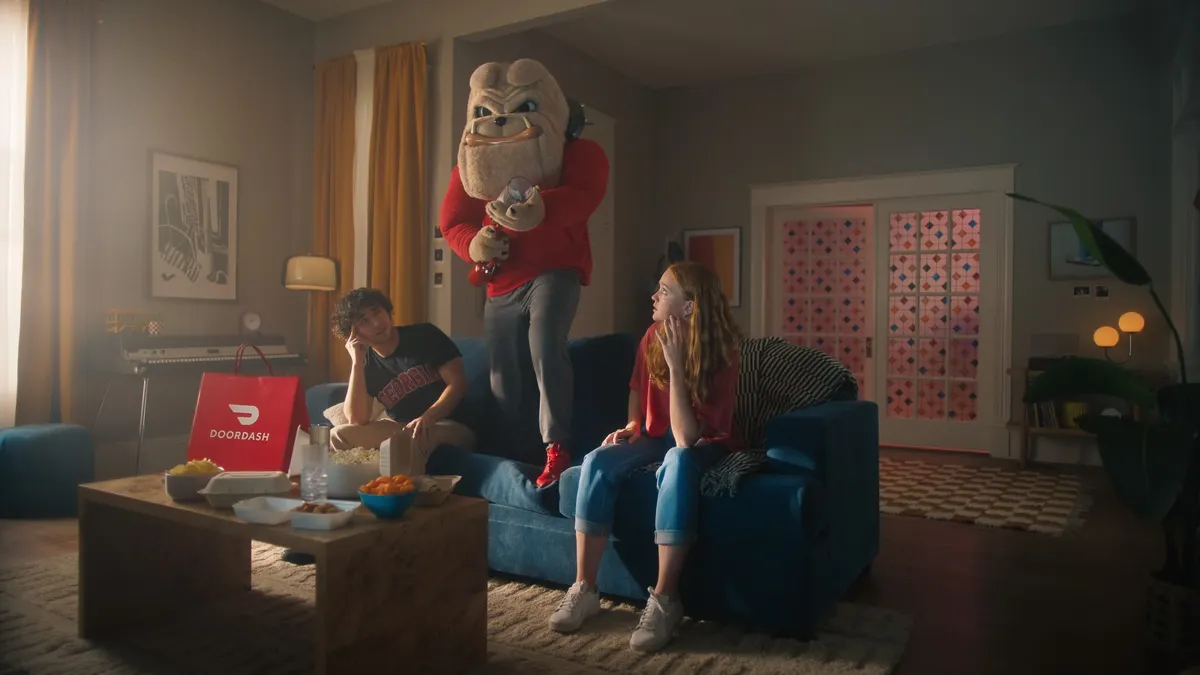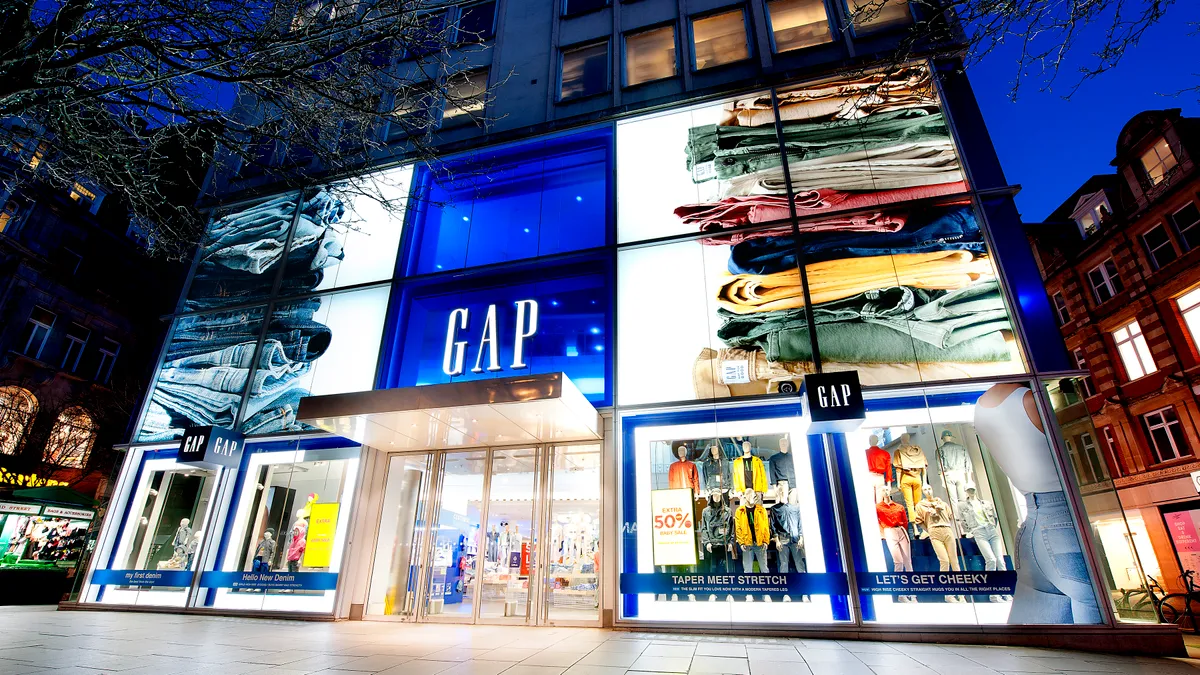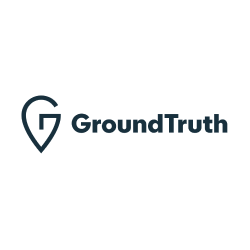With fall fast approaching, marketers would typically be kicking into high gear for the return of professional football, as the National Football League (NFL) remains one of the last bastions of destination TV viewing. But, as with so many major events this year, exactly how the season will shape up is unclear as the novel coronavirus continues to spread around the U.S., creating an uncertainty that reverberates down to brands that work closely with the league.
While the pandemic has already created serious roadblocks for college football, putting up to $1 billion in ad spending at risk, according to a recent New York Times analysis, the NFL is forging ahead with plans to kickoff on Sept. 10, albeit with additional COVID-19 safety precautions in place. For top-shelf league sponsors like Pepsi, a particularly volatile moment has placed a higher premium on agility and nuance, along with opening some new opportunities.
"The elephant in the room is, I don't know what it is going to look like," Todd Kaplan, VP of marketing at Pepsi, said of the upcoming NFL season. "What I do know is that, as a long-term NFL sponsor, we're confident in the league's [ability] to make safe decisions for the fans, the players and the staff. We're going to be following their lead."
Despite disruptions stemming from the health crisis, Pepsi hasn't altered its spending around sports marketing, but rather tweaked its strategy to better account for pandemic-driven changes, per Kaplan. That means less of a focus on in-stadium activations like jumbotrons and T-shirt cannons and more of a focus on the home, which has quickly moved to the center of parent company PepsiCo's business strategy as the marketer invests in direct-to-consumer offerings, including two new e-commerce sites.
"It's not a matter of spending more or less — it's different, is what it is," Kaplan said of Pepsi's sports marketing during the coronavirus.
"It's just going to look a little bit different this year, but I do think you're going to see a growing importance of the home," Kaplan added. "This is where everybody is spending all of their time."
Forging ahead
A spotlight on home viewing is enshrined in Pepsi's new NFL marketing platform, "Made for Football Watching," which debuts today and includes TV ads, on-air and retail integrations, social media filters and a dedicated microsite. The website and broader campaign tie into "That's What I Like," Pepsi's first permanent tagline in the U.S. in nearly two decades, which was introduced at the start of the year.
On the product side of things, "Made for Football Watching" heralds the return of Pepsi "Laces Cans," whose packaging emulates the stitching on a pigskin and features different team logos. The customized product is for the first time rolling out nationwide after regional tests around the past two Super Bowls. Similarly, Pepsi will activate tailored partnerships with 16 teams, including the Philadelphia Eagles, which were recently added to its roster.
At the national level, Pepsi worked with agency Goodby Silverstein & Partners on TV commercials — two 15-second spots and a 30-second hero — that mimic the style of Under Armour and Nike ads, where athletes recite their philosophies and motivations to gritty workouts and in-game footage. Rather than starring actual players, the Pepsi spots pull the rug, revealing the narrators, including an optometrist, are everyday football fanatics who simply love to watch the game at home.
The juxtaposition of fans with elite athletes reads as both humorous and true-to-life, as diehards adjust to the fact that they likely won't be able to go to games in-person once the season starts.
"We think of endemic sports brands, like [PepsiCo's] very own Gatorade or Nike or Under Armour — it's all about athletic achievement and excellence and how you get the edge," Kaplan said. "If you take that concept and apply it to, 'what does an elite football watcher look like at home?' … that's really this new campaign we're launching."
Like many campaigns during the pandemic, Pepsi's latest batch of ads were produced over digital communications platform Zoom, although they were shot using professional cameras, a sign of how companies are getting more sophisticated in their remote work after the hardscrabble early days of the health crisis.
"There's a whole art [to it]," Kaplan said of remote shooting. "It's like video village all over the country."
Mobile-minded playbook
Social media is another area that's seen a spike in engagement during the pandemic, and lands as a central piece of "Made for Football Watching." Pepsi designed special video filters that work across platforms, including Facebook, Twitter and Snapchat, and allow users to pick iconography best-suited to their gameday personality, such as "Offensive Channel Changer" or the "First Down Chip Dipper."
"We're going to have a lot of other tools like that, videos of how to really amplify your watching experiences," Kaplan said.
Several of Pepsi's recent sports marketing activations lean into mobile in a similar fashion. A tie-up with the National Hockey League promoting Pepsi Zero Sugar gave cash to users who posted special tags to their social channels following a shutout game. The soft drink marketer also partnered with New York Yankees star Aaron Judge, who created special voicemails and doled out prizes to users who engaged with his Twitter page around Opening Day.
But no social media platform has been more in the limelight of late than TikTok. The video-sharing app has played a large role in the NFL's marketing, featuring prominently during the draft back in April. As the service faces a potential ban in the U.S. over national security concerns stemming from its roots in China, Kaplan suggested that Pepsi is continuing to develop activations for the platform favored by young audiences like Gen Z.
"We're looking at [TikTok] and a range of other partners always as we look at our media mix and our marketing mix," Kaplan said.
Even with the heavy social media playbook this year, Kaplan was confident TV will remain the key channel for the NFL. Announcing the new campaign, Pepsi cited a SSRS/Luker poll that found 95% of fans still prefer to tune in through a set-top box.
"While there's still a lot of uncertainty, the one thing I'm 100% certain [of] is that people will be watching," Kaplan said. "This is a nation that is starved for sports."



